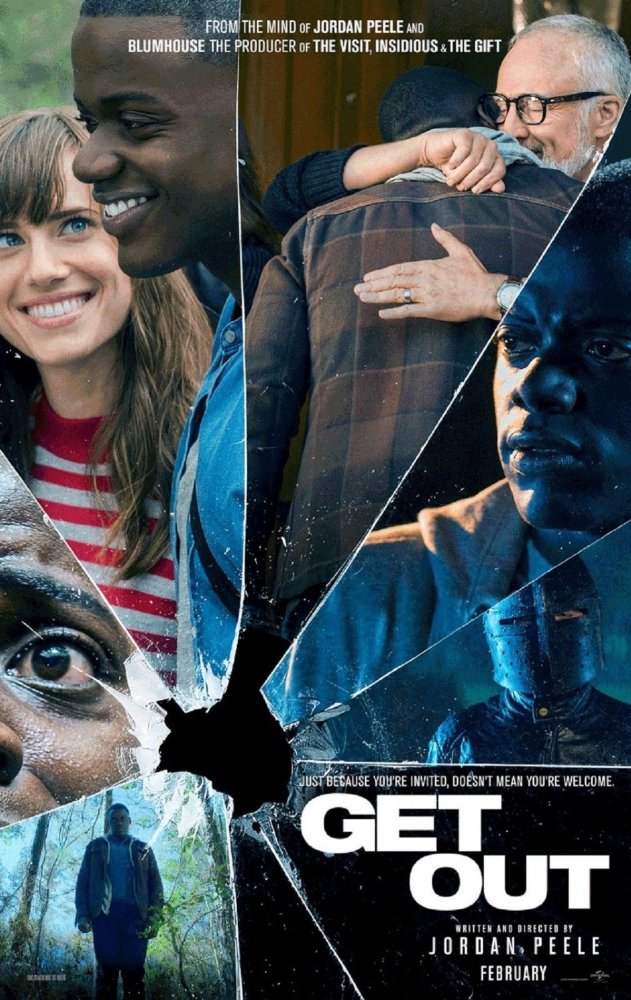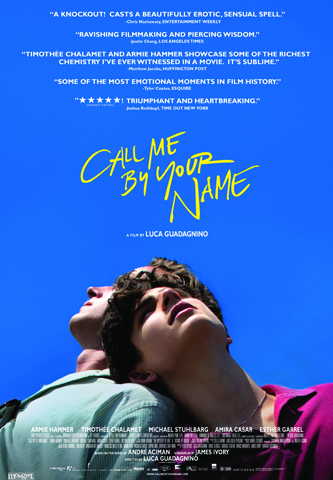

The Oscars took place over this past weekend, and Get Out and Call Me by Your Name walked away with the screenwriting prizes, for Best Original Screenplay and Best Adapted Screenplay respectively. Although the scripts couldn’t be more different—the first, a horror movie with a deeply disturbing commentary on racism in America, and the second, a heartfelt tale of first love and first heartbreak—both provide valuable lessons for any writer.
Written and directed by Jordan Peele, Get Out follows a young black man on a weekend trip to meet his girlfriend’s parents. Although the script begins as a humorous satire in the vein of Guess Who’s Coming to Dinner, things quickly escalate, and the parents’ true motives are slowly revealed in a plot reminiscent of The Stepford Wives. Peele expertly blends horror and social commentary—it’s a movie with something to say, and the message makes the horror more horrifying and vice versa. Grounding the story is main character Chris Washington (Daniel Kaluuya in an Oscar-nominated performance), who is an empathetic center to the story. The success of a horror movie hinges on whether the audience cares about the characters, and the awkwardness of the comedic early scenes help create an endearing protagonist (shortly after Chris meets the parents, Peele wrings a lot of laughs from awkward lines like “I would’ve voted for Obama a third term if I could’ve”). Once the insidiousness lurking underneath the parents’ smiles is revealed, the audience legitimately fears for Chris and his life, which is a hard feat in the horror genre, especially for a first-time director.
As great a horror script as Get Out, Call Me by Your Name is an equally great romantic drama, though the scripts couldn’t be more different. Adapted by James Ivory (director of such classics as A Room with a View, Howard’s End, and Remains of the Day) from André Aciman’s novel and directed by Luca Guadagnino, Call Me by Your Name follows the 17-year-old Elio who falls for his father’s older male research assistant in Italy in the 1980s. Like Get Out, this story is firmly grounded in character, and the chemistry between the leads (played by Armie Hammer and Oscar-nominated Timothée Chalemet) leaps off the page—and the screen. Although the stakes aren’t as high, the scenes of flirtation and seduction build with the characters’ emotions always at the forefront. It’s a bittersweet story of first love, and the story’s larger moments, particularly a third-act monologue from Elio’s father (a brilliant Michael Stuhlbarg), feel earned because of the care Ivory, Aciman, and Guadagnino put into these characters.
So if there’s one takeaway from these two very different stories, it’s character. Strong characters and strong relationships give audiences something to connect with and help make narratives compelling, whether the story is a bittersweet love story set in the 80’s or a disturbing racial horror movie with tinges of science-fiction.
Read the Get Out Screenplay
Read the Call Me by Your Name Screenplay
